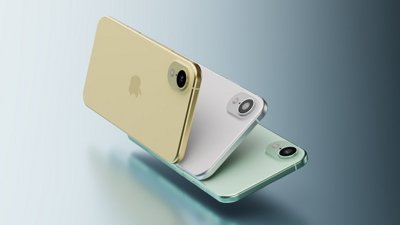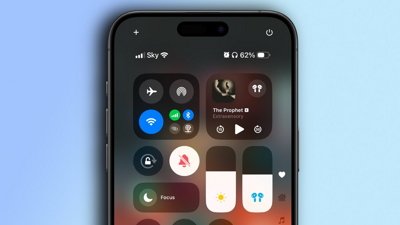European regulators announced Wednesday they had officially dropped their antitrust case against Microsoft, now that the Windows maker will give users a choice of which browser to install on their system. Competing options include Apple's Safari, Mozilla Firefox and Google Chrome. In all, there will be 12 options.
According to The New York Times, a forthcoming update to the Windows operating system will give European users of Internet Explorer, Microsoft's own browser, an option to switch to another. The settlement allows Microsoft to avoid a costly legal battle, and is also more evidence of American technology companies conceding to European sanctions.
That stance has likely been taken due to huge fines paid by Microsoft. In the past decade, the company has paid €1.68 billion, or $2.44 billion, to the European Union.
The browser ballot will go into effect in March 2010, and the "Choice Screen update" will be available for five years. There are more than 100 million users of Windows XP, 7 and Vista in Europe.
The union turned up the heat on Microsoft earlier this year, giving the company notice that it would have to detach Internet Explorer from Windows. The European Commission — and Microsoft's competitors — felt that the company's Web browser had an unfair monopoly by coming installed on all copies of Windows.
In response to the antitrust claims, Microsoft this summer revealed plans to ship Windows 7, its latest operating system, without Internet Explorer in Europe. But a proposed browser ballot that listed options in alphabetical order was criticized for favoring Apple's Safari.
Earlier this month, Microsoft altered its settlement with the European Union and modified the ballot to randomly display the top five Web browsers: Chrome, Firefox, Internet Explorer, Opera and Safari. Users are given the option to select a browser that will then be downloaded from the Internet.
 Slash Lane
Slash Lane







 AppleInsider Staff
AppleInsider Staff
 Malcolm Owen
Malcolm Owen
 Oliver Haslam
Oliver Haslam
 Andrew O'Hara
Andrew O'Hara

 Wesley Hilliard
Wesley Hilliard
 William Gallagher
William Gallagher
 Christine McKee
Christine McKee








32 Comments
cool!
err... is OSX going to be next on the list to provide "the ballot"?!
cool!
err... is OSX going to be next on the list to provide "the ballot"?!
No, the situation with Apple is completely different.
err... is OSX going to be next on the list to provide "the ballot"?!
not before OSX reaches defacto monopoly market share in EU
cool!
err... is OSX going to be next on the list to provide "the ballot"?!
errrrrrrrrrrrrr duooooooohhhhhhh We've been able to choose all along.
not before OSX reaches defacto monopoly market share in EU
Which will happen on 15th of never.